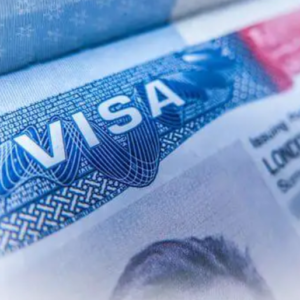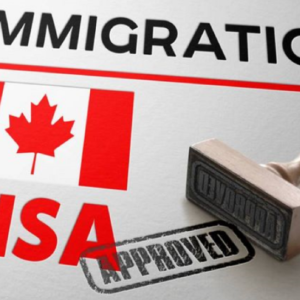Introduction:
Canada, with its world-renowned universities, diverse culture, and high quality of life, is a top destination for international students pursuing their master’s degrees. However, before embarking on their academic journey in Canada, international students must navigate the visa application process to obtain the necessary permission to study in the country. In this comprehensive guide, we will delve into the visa requirements for international master’s students in Canada, including the application process, required documents, and essential considerations.
Understanding Visa Types:
International master’s students planning to study in Canada typically require a study permit. There are different types of permits depending on the duration and nature of the study program:
Study Permit: This permit is suitable for international students enrolled in a full-time academic program at a designated learning institution (DLI) in Canada. It allows students to reside in Canada for the duration of their studies.
Eligibility Criteria:
To be eligible for a study permit in Canada, international master’s students must meet the following criteria:
Admission to a Designated Learning Institution (DLI): Students must have an offer of admission or enrollment confirmation from a recognized Canadian university or college.
Sufficient Financial Resources: Students must demonstrate that they have sufficient funds to cover their tuition fees, living expenses, and return transportation to their home country. The Canadian government sets minimum financial requirements, which may vary depending on the cost of living and the duration of the study program.
Health and Security Clearances: Students may be required to undergo medical examinations and provide police clearance certificates from their home country.
Application Process:
The application process for a study permit in Canada typically involves the following steps:
Apply Online or by Paper: International master’s students can apply for a study permit online through the Immigration, Refugees and Citizenship Canada (IRCC) website or submit a paper application to the Canadian visa office responsible for their country of residence.
Complete the Application Form: Students must complete the study permit application form (IMM 1294) accurately and provide all required information, including personal details, educational background, and intended study program in Canada.
Pay the Application Fee: Applicants must pay the study permit application fee, which is non-refundable and must be paid in advance before submitting the application. The fee varies depending on the type of application and the applicant’s nationality.
Biometric Data Collection: In some cases, students may be required to provide biometric data (photograph and fingerprints) at a biometric collection service point.
Wait for Decision: Once the study permit application has been submitted, students must wait for a decision on their application. The processing time varies depending on the visa office and the time of year.
Required Documents:
International master’s students applying for a study permit in Canada must provide the following documents:
Passport: A valid passport with a validity period extending beyond the intended duration of stay in Canada.
Letter of Acceptance: A letter of acceptance or enrollment confirmation from a recognized Canadian university or college.
Financial Documentation: Proof of sufficient funds to cover tuition fees, living expenses, and return transportation, such as bank statements, scholarship awards, or sponsorship letters.
Health Insurance: Proof of valid health insurance coverage for the duration of the stay in Canada.
Police Clearance Certificate: A police clearance certificate from the student’s home country or any other country where they have resided for more than six months in the past year.
Post-Arrival Formalities:
After arriving in Canada, international master’s students must complete certain post-arrival formalities, including:
Register with the Institution: Students must register with their designated learning institution (DLI) and enroll in their master’s program.
Apply for a Social Insurance Number (SIN): Students may need to apply for a SIN from Service Canada to work on-campus or apply for certain government benefits.
Attend Orientation Sessions: Many universities and colleges in Canada organize orientation sessions and welcome events for international students to help them acclimate to campus life, navigate administrative procedures, and access support services.
Conclusion:
Navigating the visa requirements for international master’s students in Canada is a crucial step in the journey towards pursuing higher education in this diverse and welcoming country. By understanding the visa types, eligibility criteria, application process, required documents, and post-arrival formalities, prospective students can prepare effectively and ensure a smooth transition to studying in Canada. With careful planning, attention to detail, and compliance with visa regulations, international master’s students can embark on a rewarding academic journey in Canada and take advantage of the enriching opportunities available in this vibrant and inclusive nation.





